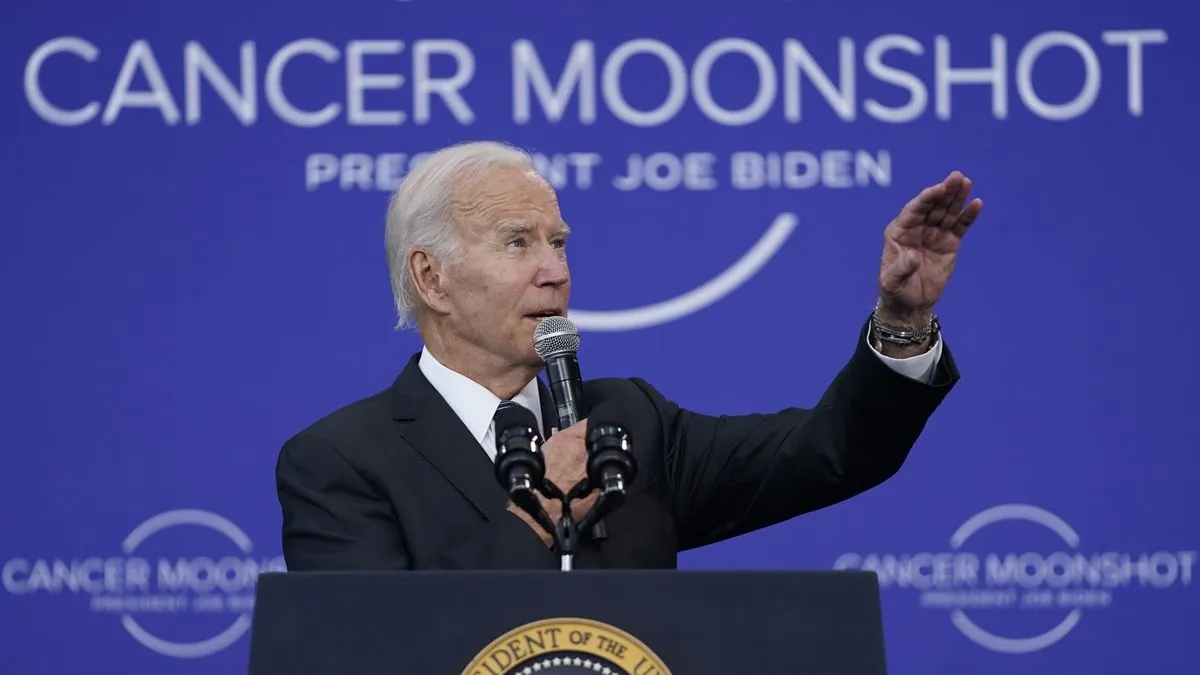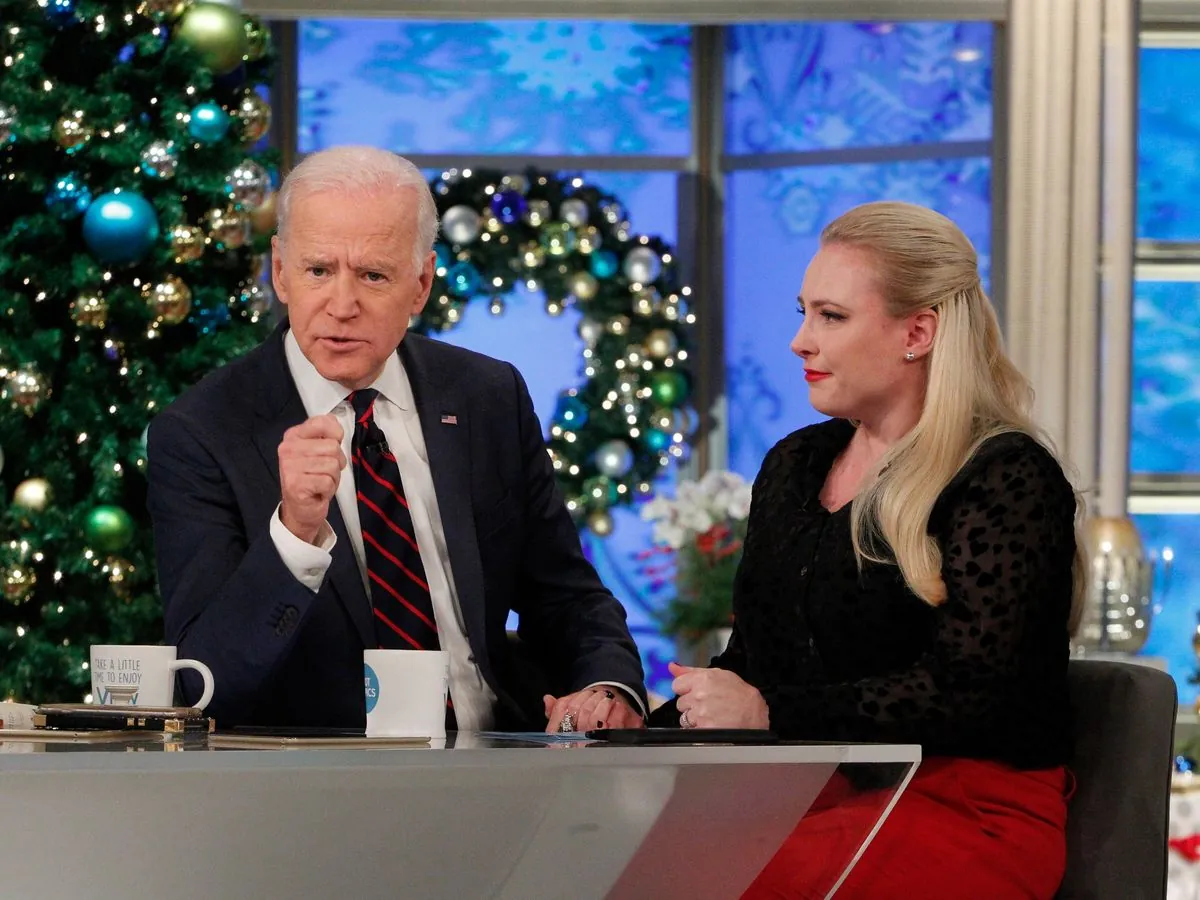Biden Boosts Cancer Research with $150M Funding in Rare Public Appearance
President Biden announces $150 million for cancer research in Louisiana, focusing on his "moonshot" initiative. This rare public event follows his decision not to seek reelection, signaling a shift in priorities.

In a significant move to advance cancer research, President Joe Biden has allocated $150 million in additional funding during a visit to Louisiana on August 13, 2024. This event marks one of his infrequent public appearances since announcing his decision not to seek reelection on July 21, 2024.
The funding boost is part of the cancer "moonshot" initiative, a term inspired by President John F. Kennedy's ambitious 1961 goal of landing a man on the moon within a decade. Originally launched in 2016 and revitalized in 2022, this program aims to reduce cancer fatalities by half by 2047 and enhance the quality of life for those diagnosed with the disease.
Biden's commitment to this cause is deeply personal. His eldest son, Beau, succumbed to an aggressive form of brain cancer, glioblastoma, in 2015 at the age of 46. Glioblastoma is known for its poor prognosis, with a median survival of 12-15 months even with standard treatment.

At Tulane University, one of the oldest private institutions in the southern United States, Biden addressed a gathering of approximately 100 attendees. He emphasized the potential of bringing innovative treatments to communities nationwide, stating, "It's not just personal, it's probable."
The Advanced Research Projects Agency for Health (ARPA-H), established in 2022, has already distributed over $400 million to cancer prevention, detection, and treatment programs. The newly announced $150 million will focus on enhancing tumor removal techniques. Notably, $23 million is earmarked for Tulane University to develop an advanced imaging system for use during surgery.
"Currently, it can take days to weeks before a surgeon knows whether all the tumor has been removed, and our goal is to get that down to 10 minutes, while the patient is still on the table. If successful, our work would transform cancer surgery as we know it."
This research builds upon a long history of advancements in cancer surgery, with the first successful human brain tumor removal dating back to 1887. The field of biomedical engineering, which combines engineering principles with medical sciences, continues to push the boundaries of healthcare innovation.
As Biden's presidency enters its final phase, his focus appears to be shifting towards issues close to his heart. White House Press Secretary Karine Jean-Pierre indicated that the President would concentrate on initiatives related to the economy, healthcare, and foreign policy for the remainder of his term.
While Biden maintains a reduced public schedule, national attention has largely shifted to Vice President Kamala Harris, who has been conducting enthusiastic rallies across the country. Biden is scheduled to speak at the Democratic National Convention in Chicago on August 19, 2024, an event that has been a cornerstone of American politics since 1832.
Despite stepping back from the campaign trail, Biden continues to face significant foreign policy challenges. Recent events include a major prisoner swap with Russia and ongoing tensions in the Middle East, particularly the protracted conflict in Gaza.
As the American Cancer Society projects approximately 1.9 million new cancer cases in the US for 2024, Biden's renewed focus on the "moonshot" initiative underscores the ongoing importance of cancer research in improving public health outcomes.


































